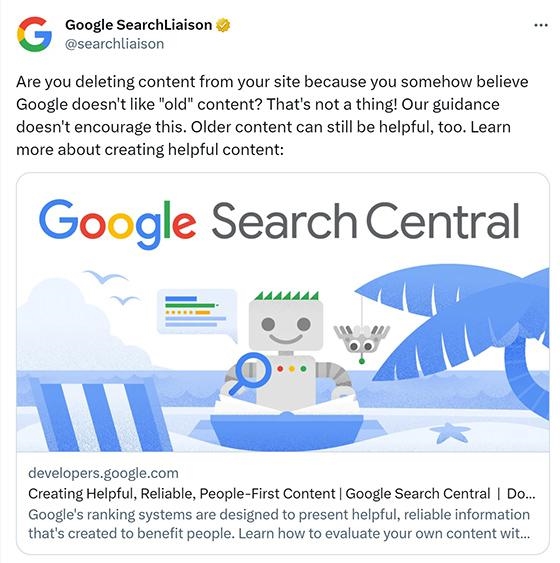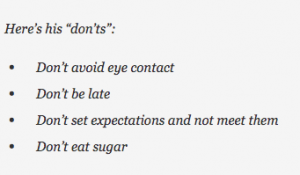Google Warns Against ‘Content Pruning’ As CNET Deletes Pages To Improve SEO

CNET deleted thousands of old articles to improve the sites performance in Google Search results, adding to the controversy brought on by its latest editorial strategy — layoffs and experiments with articles written by artificial intelligence (AI) chatbots.
Archived copies of CNET’s author pages show that the company deleted small batches of articles prior to the second half of July, but then increased the pace, Gizmodo learned.
A CNET representative confirmed to Gizmodo that the company culled stories, but declined to share exactly how many stories it took down.
The world typically thinks of online content as something that lives forever, but that is not necessarily true — at least not at CNET. And it’s all in the name of better search engine optimization (SEO) to improve performance and ranking on Google, Microsoft Bing, and other search engines.
Taylor Canada, CNET’s senior director of marketing and communications, shared an internal memo with Gizmodo explaining a technique called “content pruning.”
This is s process of removing, redirecting, or refreshing irrelevant or unhelpful URLs that “sends a signal to Google that says CNET is fresh, relevant and worthy of being placed higher than our competitors in search results.”
Factors that are considered before taking down an article include SEO, the age and length of the story, traffic to the article, and how frequently Google crawls the page.
CNET notes that it weighs historical significance and other editorial factors before an article is taken down. When an article is slated for deletion, CNET says it “maintains its own copy, and sends the story to the Internet Archive’s Wayback Machine.” Current staffers whose articles are removed are alerted at least 10 days prior.
Google does not recommend deleting articles because they are older, the company’s Public Liaison for Google Search Danny Sullivan tweeted. Creating helpful, reliable, people-first content has always been Google’s mantra.
“Are you deleting content from your site because you somehow believe Google doesn’t like ‘old’ content?” he wrote. “That’s not a thing! Our guidance doesn’t encourage this.”
Someone asked — what to do if the content is old, has broken links, is no longer relevant, and can’t be made more helpful — don’t worry about it?
Sullivan replied: “the page itself isn’t likely to rank well. Removing it might mean if you have a massive site that we’re better able to crawl other content on the site. But it doesn’t mean we go “oh, now the whole site is so much better” because of what happens with an individual page.”
It’s not clear whether deleting old content disrupts the learnings of large language models (LLMs) for AI that scrape the web for information. The articles are considered public record, which could have historical significance.
One thing is certain — Google wants content providers to avoid creating search engine-first content.
Google recommends focusing on creating people-first content to be successful with Google Search, rather than search engine-first content developed primarily to gain search-engine rankings.
(4)






